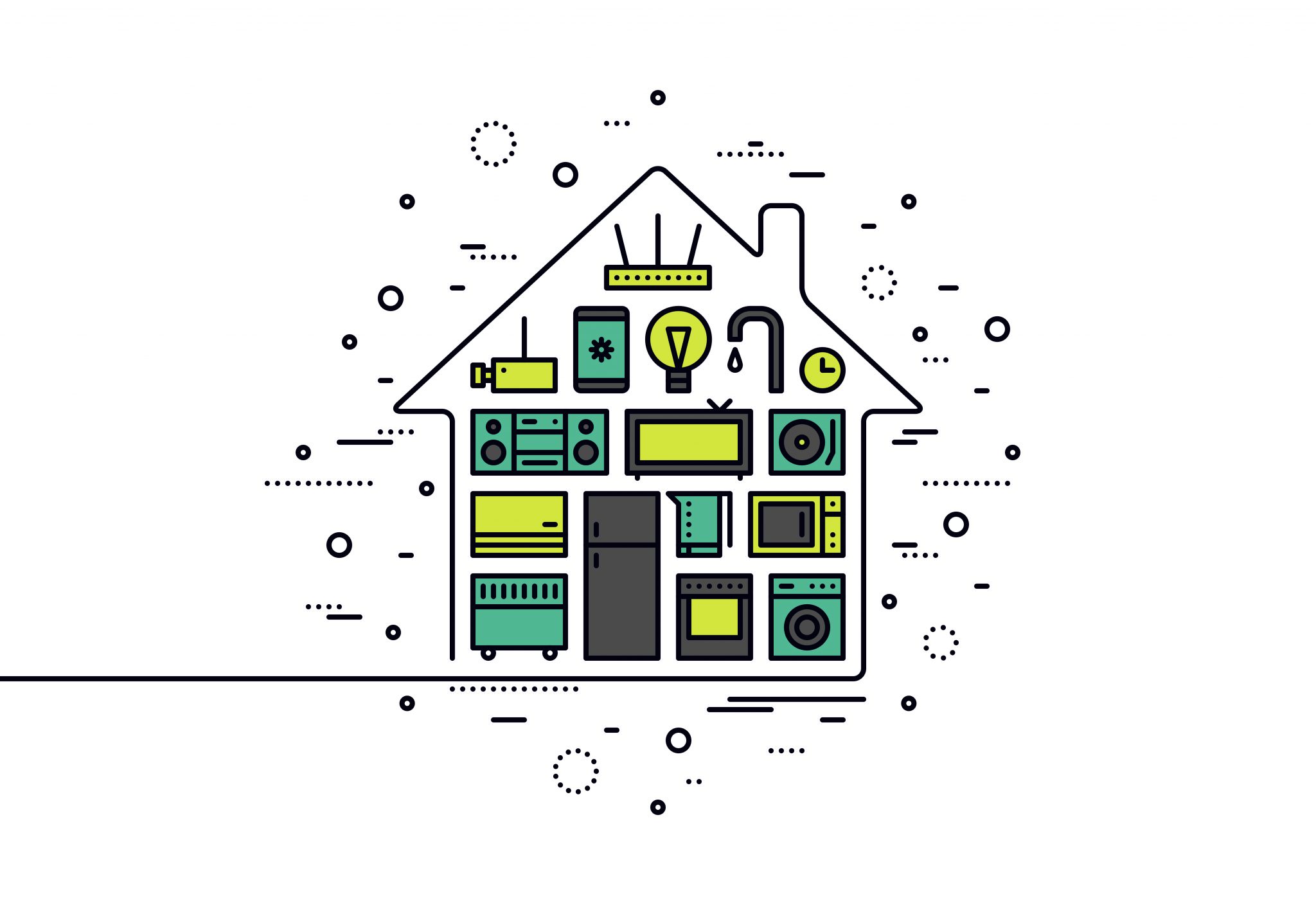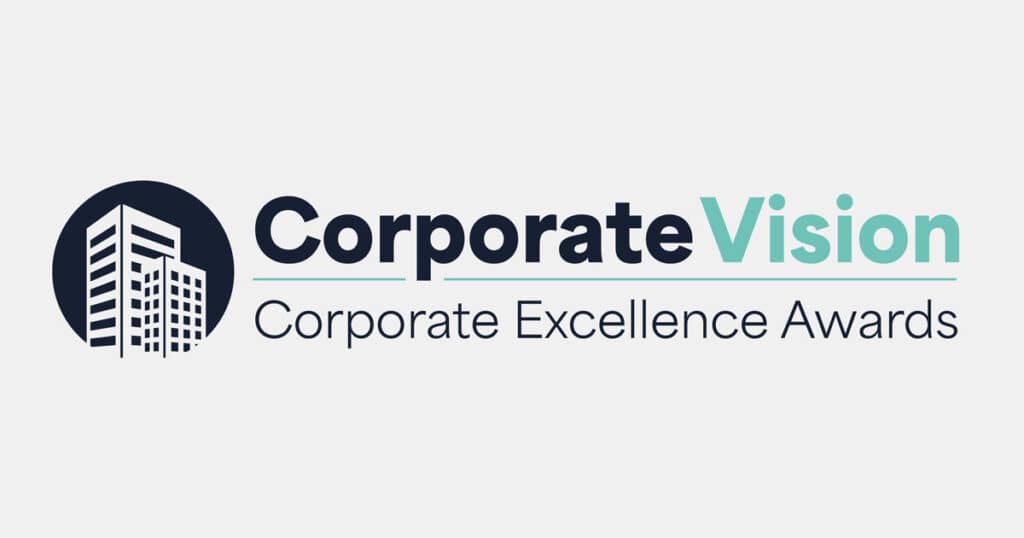Just like your home, your website needs ongoing maintenance to remain functional and secure. Find out more about how website maintenance, hosting, backup and monitoring can keep your data safe, just like an alarm system keeps a house safe.
Owning a website is a lot like owning a home, you want to keep it tidy. The routine care and maintenance you perform extend the life of your home. Performing routine care and maintenance on your website will ensure its security and that all your important data is safe.
When you perform maintenance on your home, it can vary from monthly to yearly to every few years, depending on the job. It’s the same with websites. You may be updating plugins once a month and completing another maintenance task once a year.
How do you know how frequently and what tasks you should be doing? Let’s explore the things you can do to improve your website and keep it private and secure.
The Best Website Maintenance Tips
The best website maintenance keeps your website up-to-date on a consistent basis. A well-maintained website will keep everything running smoothly for back-end developers and users.
You don’t want users to come to your website and deal with slowly loading pages or broken links. It should be in working order, so you don’t lose customers. The average time a user waits for a page to load is 2 seconds. If you’re experiencing a delay or your website is down, you lose valuable business.
Plugins
Developers are consistently working on creating new versions of old plugins. They are updating the information in the way it’s built to keep their plugin secure. With new cybersecurity breaches daily, they must maintain security.
If you fail to update a plugin when it becomes available, your website becomes less and less secure to looming cyber threats. Not only does security play a major role, but functionality is a large piece of it.
“Upgrade rollouts” are a way to include functionality improvements. Maybe there is a feature you would like to have, but when you purchased the component, it didn’t exist. You’ve been doing it in a roundabout way for a long time. Many upgrades include improvements to these types of functionality that users are pressing developers to create.
You could continue to use the old plugin if you want, but it would increase the level of risk to your security, website backups, and user information. The less you perform upgrades, the more issues arise. It’s like leaving the front door open to your house when you have a security system in place; defeats the purpose of the alarm.
Soon enough, these issues will build upon one another and be more difficult and costly to fix.
Reasons to Maintain Your Website
As mentioned earlier, security is one of the biggest reasons your website needs consistent maintenance. In surveys, it’s been found that companies with older sites are at a larger risk of being hacked than others.
The Integrity of Your Website
Another reason to ensure you’re updating your website is that the longer you wait, the more you’re at risk. If you’re upgrading but skipped several upgrades, you’re at risk of damaging the integrity of your site.
Going from 2.0 to 5.0 or even 3.0 to 5.0, you may encounter huge problems. Components rely on one another, and the upgrade process can mess things up. One component will be upgraded in the process, and as others are updated, the components will stop working together properly.
Cost and Time
Performing maintenance once a year or longer makes for a large development project when you finally complete it. Having a year’s worth of upgrades backed up into one update means the process will take a lot longer, invoke a lot more effort, and have a greater overall impact on the site.
If there were a lot of functionality changes to the new components, this further complicates the process.
Decrease In Speed
With all of the releases of new technology and improvements to make things faster and better for users, web pages have followed suit. People are more likely to convert and come to your website if you provide a great user experience.
If your website is slow, full of pop-up ads, and disorganized, your conversion rate will drop, making it more difficult to get customers.
Steps to Maintain Your Website
Now that you are aware of the reasons website maintenance is so important, let’s see what you can do to maintain it.
Testing the Website
The most important thing you can do consistently is testing on the website. Review all the web pages and ensure each is working correctly. Determine if there are any broken links or features on the pages.
Review page loading time, outdated page content, typos, and branding inconsistency. If you have forms, make sure the thank you pages and the redirects lead to the appropriate pages. Double-check your contact forms to ensure you’re receiving any contact requests.
Backups
You’ll also want to make sure your entire website is backed up. If it is already backed up, ensure your active backups are working. Are they updating your data consistently?
If your website crashes, can you confidently say you can pull it up from a backup? If not, you’ll need to get some backup system or solution in place.
Copyright Information
Lastly, you want to make sure your copyright notices are up to date on an annual basis. Make sure if you have copyright information displayed at the bottom of your website that it reads the current year.
If you have content you’re promoting for download, it’s better to leave the date out of it. If you can’t stay on top of updating this content, it will look stale to users.
Make a Plan
Website maintenance is a very important part of any business, just like home maintenance is key for homeowners. Keep your website clean and up to date, and the issues you’ll suffer from in the future will be lessened. We’d be more than happy to help here at Blue Atlas.
You've taken the first step to improving your website, here's the next step. Download our Ultimate Website Redesign Planning Kit to follow an actionable list to make improvements!






